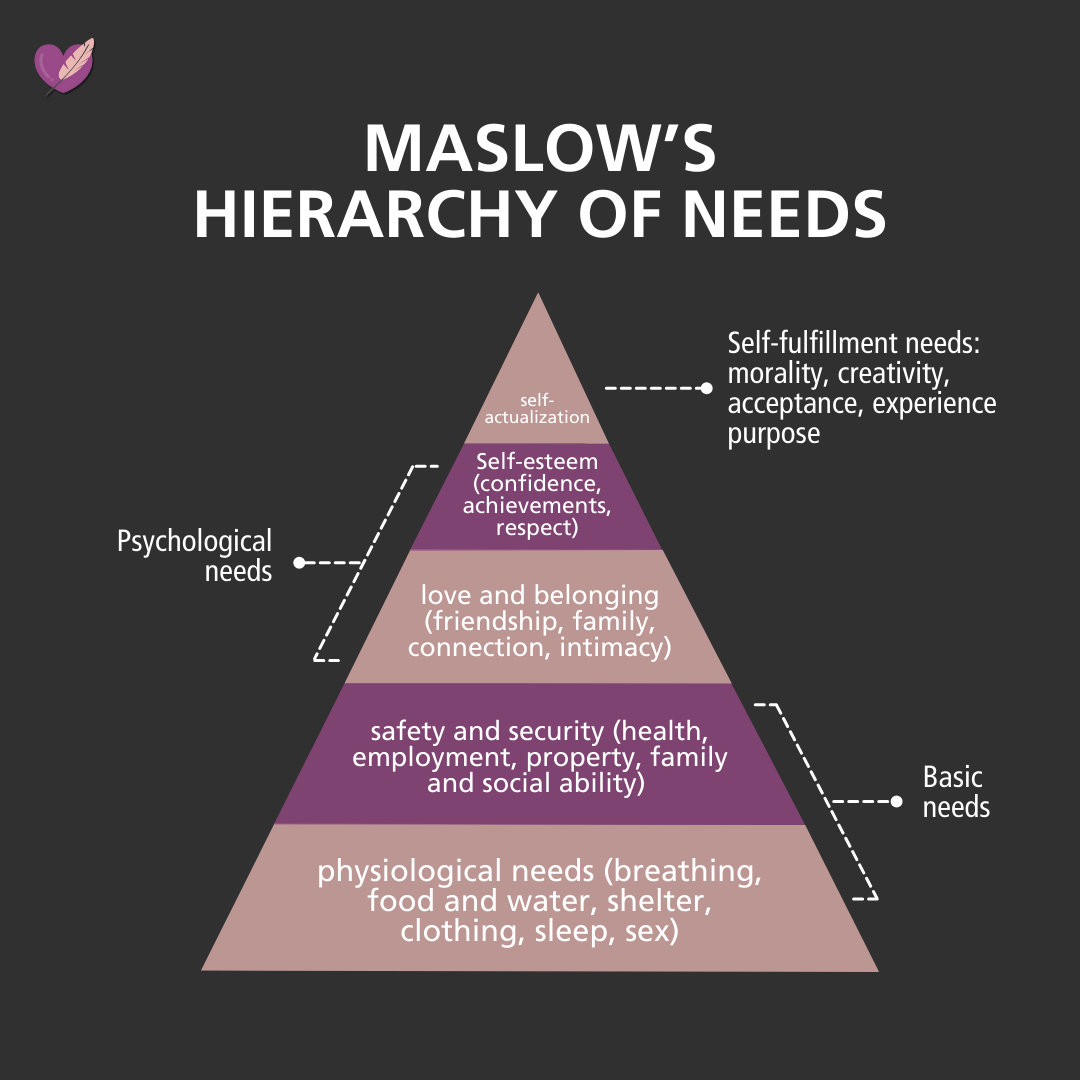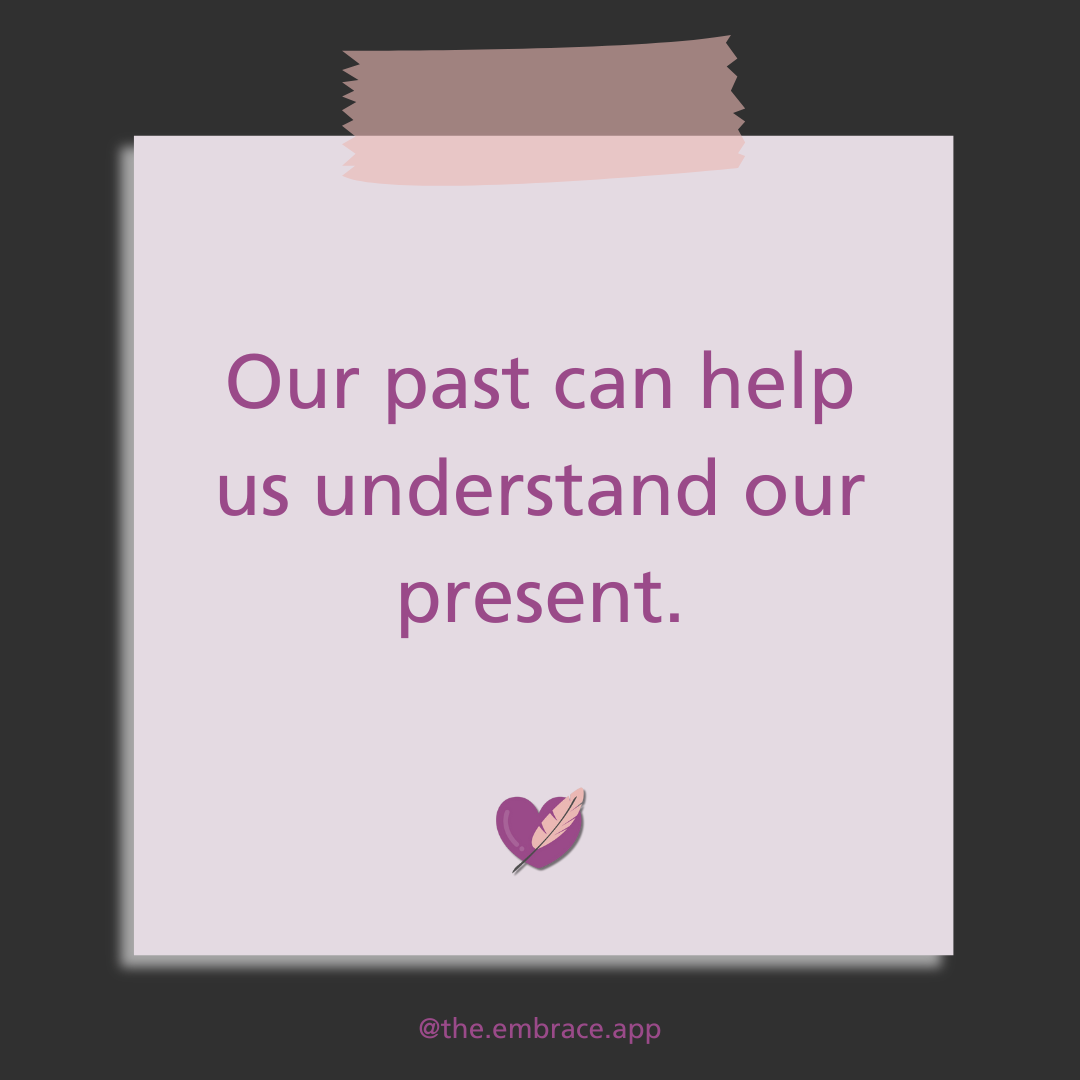Rekindle Lost Intimacy: Proven Tips to Reignite Passion and Deepen Connection
written by Micah Brown
Drifting apart.
Developing a rift.
Estrangement.
Regardless of the terminology, it all boils down to lost intimacy. While many may understand intimacy to be a reference to sexual activity, there is much more to being intimate with somebody than just sex. Maybe because of the modern world and the constant bombardment of information, the idea that intimacy is focused heavily on sex when intimacy is far more than just a physical act.
A couple who has just had a baby may begin to feel distant due to a lack of sexual intimacy, especially if they were very active sexually before the baby was born (be aware that sex during pregnancy is very common). Between the needs of a newborn and the stresses of life outside of parenthood, it can begin to feel as though there is never any time for that type of intimacy (never mind the fact that the birther of the child has been through a physically traumatic event and has a body that must heal).
While childbirth is undoubtedly one of the more common factors in couples (and more) feeling as though they have lost their intimacy, it is essential to remember that many other factors can contribute to a loss of a feeling of closeness.
Illnesses such as cancer may require treatments that cause severe and debilitating side effects such as tiredness, constant pain, nausea, and lowered libido. Hormone replacement therapy and medications for psychological disorders like depression may reduce libido and make it difficult for somebody to achieve orgasm, which could make them embarrassed to even engage in sexual activities.
Things like working long hours, having a long commute, or being exhausted at the end of the day and hardly being home at all could contribute to the decline of physical and emotional intimacy. When that happens, when life gets in the way, how do we move forward and find our way back to each other?
Maslow’s Hierarchy of Needs
In 1943, Abraham Maslow developed the Hierarchy of Needs, which, at its most rudimentary understanding, discusses Basic, Psychological, and Self-Fulfillment Needs. According to Maslow, all the other needs below Self-Fulfillment must first be met to reach your highest potential. Above the basic needs of food, shelter, safety, and so forth, there exist psychological needs. Of these needs, intimate relationships and friends are paramount to reaching your highest self.
Having those close, deeply emotional relationships helps us feel as though we are accepted and belong to something, fulfilling another part of Maslow’s Hierarchy called “Belongingness”. According to Maslow, it becomes more difficult to meet our other needs if we do not feel we belong somewhere.
Whether or not you prescribe to Maslow’s interpretation of human needs, one thing is clear: we all must feel as though we belong, and we all need to have some kind of intimate relationship to reach that sense of belonging.
Intimacy Through Our Lives
Your average high school is a good petri dish to look at here. Look back at your time in high school and picture your friendships. Did you feel as though you belonged to something? Were you part of a team or a club? Did you have a group of people you hung out with outside of school.
Even if you were part of a group that was routinely picked on, it is likely that because of your comradery with each other, the slights you received did not sting as much as they might have otherwise. However, if you were unfortunate enough to be an outsider and have few or no friends, those years would be incredibly lonely, even if you were never picked on.
What does any of this have to do with the rekindling of lost intimacy?
It is essential to understand what intimacy means to you, how that fits into what you need, and how your partner(s) may view intimacy themselves. What intimacy means to you is primarily discovered through life experience. Our personal experiences with relationships are a core gateway to our understanding of intimacy, but it can also come from the books we read, the shows and movies we watch, and more importantly, the relationships we see happening around us. When it comes to our own experiences, high school and college are a good starting point. Take some time to look back over your life and investigate the relationships that you experienced around you as well as the relationships that you were exposed to through media as you grew up. Then think about your own relationships with your friends, lovers, even one-night stands. Once you have taken all this into account for yourself, take the time to share this with your partner(s) and discuss their lived experiences and get a feel for what intimacy means to them - not just in regard to your relationship with them, but as a whole.
Some may remember their younger years as the best years of their lives, while others will look back on that time and feel nothing but disdain for that time. We cannot expect that our lived experience is going to be the same as somebody else’s.
Adult life may look different to each of these individuals. If the person with all the friends grew up alone and no longer belongs anywhere, they may long to return to high school, where they once belonged and where everything made sense. The other person may have found a group of friends and looked back at those years with no desire to return because their lives had now improved.
Looking back at relationships we’ve had, whether romantic or strictly platonic, can help you see the different types of intimacy you may have experienced over the years and how each relationship has changed over time.
Fixing the Fading Intimacy with Communication
The most important thing you can do when you realize that the intimacy of your relationship has begun to fade is talk with your partner(s) about it. See if they are also feeling the same disconnect that you are experiencing. If they are, see if you agree about why you each feel this may happen. If it surprises them that you are feeling this way, you must let them know you want to work with them to fix this.
Any relationship advice will always begin with a recommendation for better communication. Nearly all issues in a relationship can be traced back to a communication breakdown. Perhaps you felt as though you did not want to hurt somebody’s feelings, or maybe you just did not know how to bring up something bothering you, so you keep letting it go while you try to find the best way to discuss it. Or maybe you did not think it was a big deal until something occurred, and you realized it was a much bigger deal for you than you thought.
A loss of intimacy is no different. Sitting down and talking about what caused the breakdown will always be the best solution. Perhaps one of you is not getting all their needs met, and if they are not, finding out what those needs are and how to meet them could solve the issue, though it will likely not be that simple.
When we do not know how to start a conversation, it might be a good idea to consider writing down your thoughts. Perhaps you write a script and rehearse it, or maybe you write a letter that you can have them read while you are with them. As much as it may feel difficult for the other person to read something you wrote with you in the room, it is better to approach it in this way so that they do not think that you are trying to hide from them. This can lead to open communication and hopefully begin repairing the divide you have been feeling.
You can read our entry about bringing up complex subjects using the Embrace App and co-journaling. If you are already on a co-journaling journey, this could be a good way to raise your concerns about fading intimacy. However, if you are not currently involved in co-journaling, then it may be something you want to investigate after you have resolved the current situation.
Relighting Your Sexual Flame
“What about rekindling sexual intimacy? How do I do that?”
At the beginning, we talked about how many people believe that intimacy is strictly linked to sexual intimacy. The truth is that there can be sex with no intimacy and intimacy with no sex. If you are in a relationship where there is both emotional and sexual intimacy, one type of intimacy will influence the other.
Fixing sexual intimacy in an emotionally intimate relationship requires many of the same steps that are listed above – most notably, communication.
Where things can divest lies in the desire to get back to more frequent sex but not knowing how to start. Some couples will go for months, even years, without having sex. They may have the desire but not know how to approach their partner with that desire. In situations like this, the recommendation is to find ways to start from scratch. Go on dates, make out a little, watch Netflix, and chill.
Get creative with how you approach sex, as well. Falling into a sexual routine can begin to feel tedious, so finding ways to make it unique can be quite helpful. Maybe try a little bit of a roleplay, or perhaps get some kink going, but even if those are options – the first thing you must do is get back to the bedroom (whether literal or proverbial).
Thousands of self-help books talk about getting your groove back in the bedroom, but all of them will boil down to the same advice we have above: communicate. Start simple. Simply tell your partner that you miss being sexual with them. That you desire to be sexual with them and that you will find ways to make sure there is time to have sex with them.
Do not count on spontaneity to cure your sexual woes. Believe it or not, planning for sex can be a significant turn-on. When you try to wait for “the right moment,” it may never present itself, but if you put on the calendar the days you plan on having sex, you get to spend the day thinking about that sex. You can flirt with each other over text or on the phone. Maybe even send some spicy pics to get them thinking about it.
All this build-up can lead to an experience far better than simply waiting for the right moment to initiate. You know what is going down. Have sex before you go out to dinner that night, so there is no worry about eating too much dessert and not feeling like sex later. If you want to have sex later as well, great! But the pressure is off, and you can enjoy eating, spending time with your partner, and working on emotional intimacy.
There is Not One Right Way
There is no magic bullet to rekindle intimacy that will work for every situation. If you’re in a relationship with multiple partners, that will be different from a more “traditional” couple. The issues that everybody deals with will be different, sometimes even within the relationship. How you approach these topics is something that you will have to determine on your own based on your current situation. We’ve offered some broad strokes as advice, and if you don’t feel comfortable with any of these thoughts, then it might be time to consider a relationship counselor who can help you and your partner(s) find better ways to communicate.


